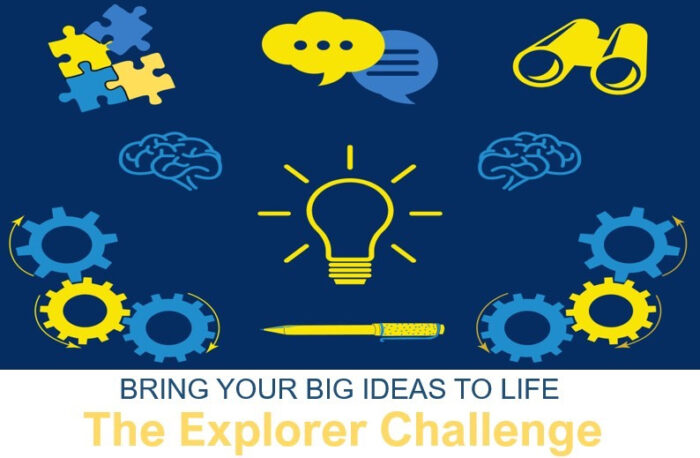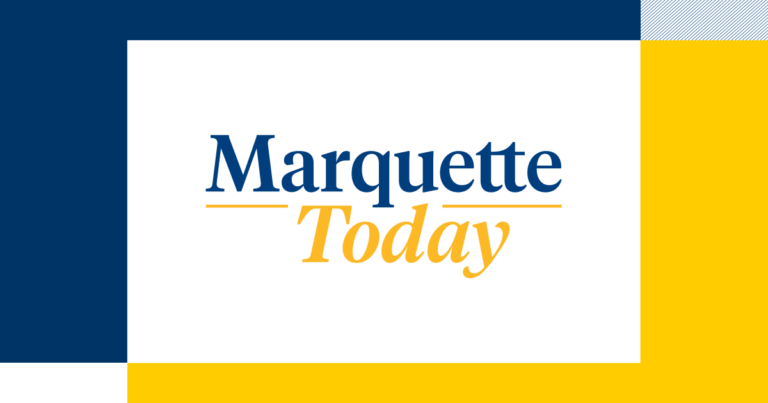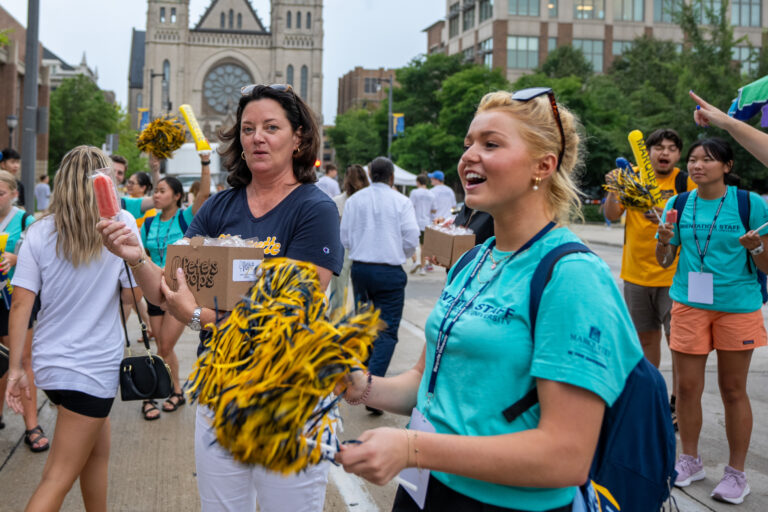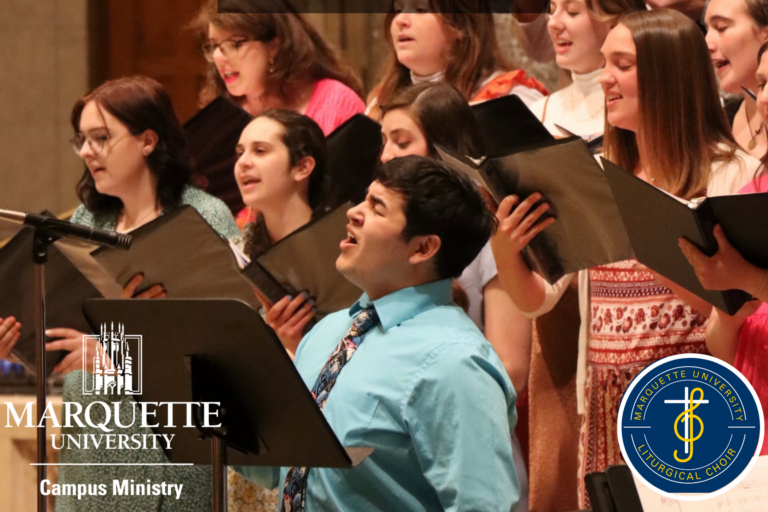
 The Explorer Challenge invites students, faculty and staff to submit proposals for up to $25,000 in seed money for innovative projects that make an impact and advance Beyond Boundaries, Marquette’s strategic plan.
The Explorer Challenge invites students, faculty and staff to submit proposals for up to $25,000 in seed money for innovative projects that make an impact and advance Beyond Boundaries, Marquette’s strategic plan.
The Explorer Challenge begins on Tuesday, Oct. 4, at 3:30 p.m. with a celebration and information session at the 707 Hub. The event will feature presentations from this year’s four awardees, as well as information on how Marquette community members can propose their own projects for the upcoming competition.
The competition will continue to focus on incorporating inclusive practices into the project proposals.
Register online. The deadline to RSVP for the event is Monday, Oct. 3.
The 2021-22 Explorer Challenge focused on projects that incorporated inclusive practices. Four innovative and inclusive projects were selected to receive funding:
- Spanish Language and Culture for Higher Education Professionals
- Team leader: Melissa Econom, academic coordinator of educational policy and leadership and vice chair of University Staff Senate
- This project involves offering a course designed to support higher education professionals with basic working knowledge of Spanish, acquiring conversational skills, and intercultural competence. Employees enrolled in the course will participate in speaking, listening, reading and writing activities. They will be introduced to basic everyday and academic-related vocabulary and will gain command of beginner grammatical structures and pronunciation. The course will also familiarize students with the varieties of Spanish spoken in the United States and will raise awareness about social factors impacting Latinx communities and Latinx students’ academic success. Beyond language acquisition, employees enrolled in the course will participate in dialogues around HSI and broader Diversity Equity and Inclusion (DEI) efforts through culturally-responsive programming, workshops and discussions.
- Mindful Marquette Move-Out & Move-In
- Team leader: Chelsea Malacara, sustainability & energy management coordinator
- This program will implement a more systematic approach to improve student’s move-out experience that (1) facilitates an internal awareness about what the term “away” means, shifting from a throw-away culture to an agile and resourceful one; and (2) establishes a closed-loop system in which gently used items will be repurposed or reused by incoming students the following year at a move-in yard sale in August.
- Interdisciplinary Collaborative Training to Promote Psychological Wellness and Competency of Pre-Service Health Professionals
- Team leader: Dr. Lee Za Ong, assistant professor of counselor education and counseling psychology in the College of Education
- This pilot project aims to implement interdisciplinary collaborative training to promote the psychological wellness and competency of pre-service health professionals in nursing and clinical mental health counseling. The team utilizes a peer support model to enhance the counseling students’ group facilitation competency and nursing students’ psychological wellness. This project provides the group facilitation training that counseling students are not getting in their internships in community settings. It also supports nursing students’ psychological wellness development. The team hypothesizes that this interdisciplinary collaborative training will have an impact on both nursing students’ psychological wellness and counseling students’ group facilitation and supervision competency.
- Go Wild: Pollinator Gardens and Prairie Restorations For Marquette’s Campus
- Team leader: Dr. Nathan Lemoine, assistant professor of biological sciences in the Klingler College of Arts and Sciences
- The project will (1) allow Marquette to participate in federal and state initiatives to restore pollinator habitat; (2) serve as a teaching tool for biology, engineering, theology, and philosophy courses; (3) be an interactive and visual engagement fixture on campus that would connect the campus community to one of Wisconsin’s vital ecosystems.



